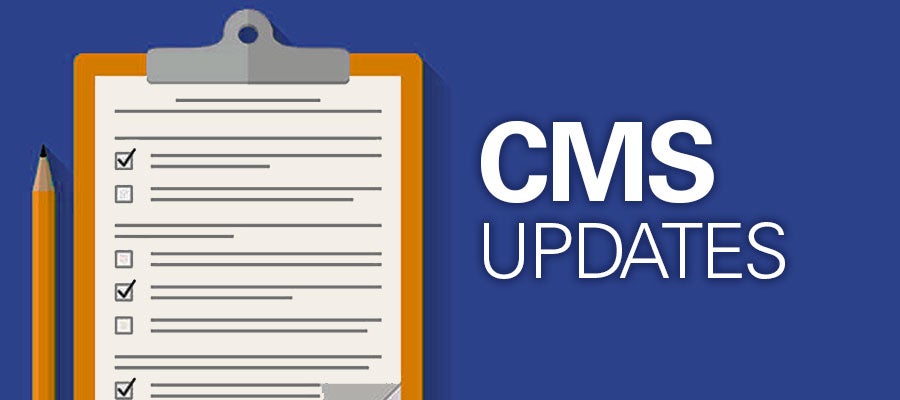
Nearly 1,100 rural health care practitioners and leaders convened in Orlando for AHA’s 37th Rural Health Care Leadership Conference. The annual event brings together rural hospital CEOs, senior executives, clinical leaders and trustees to share strategies, insights and resources unique to the rural health system.





